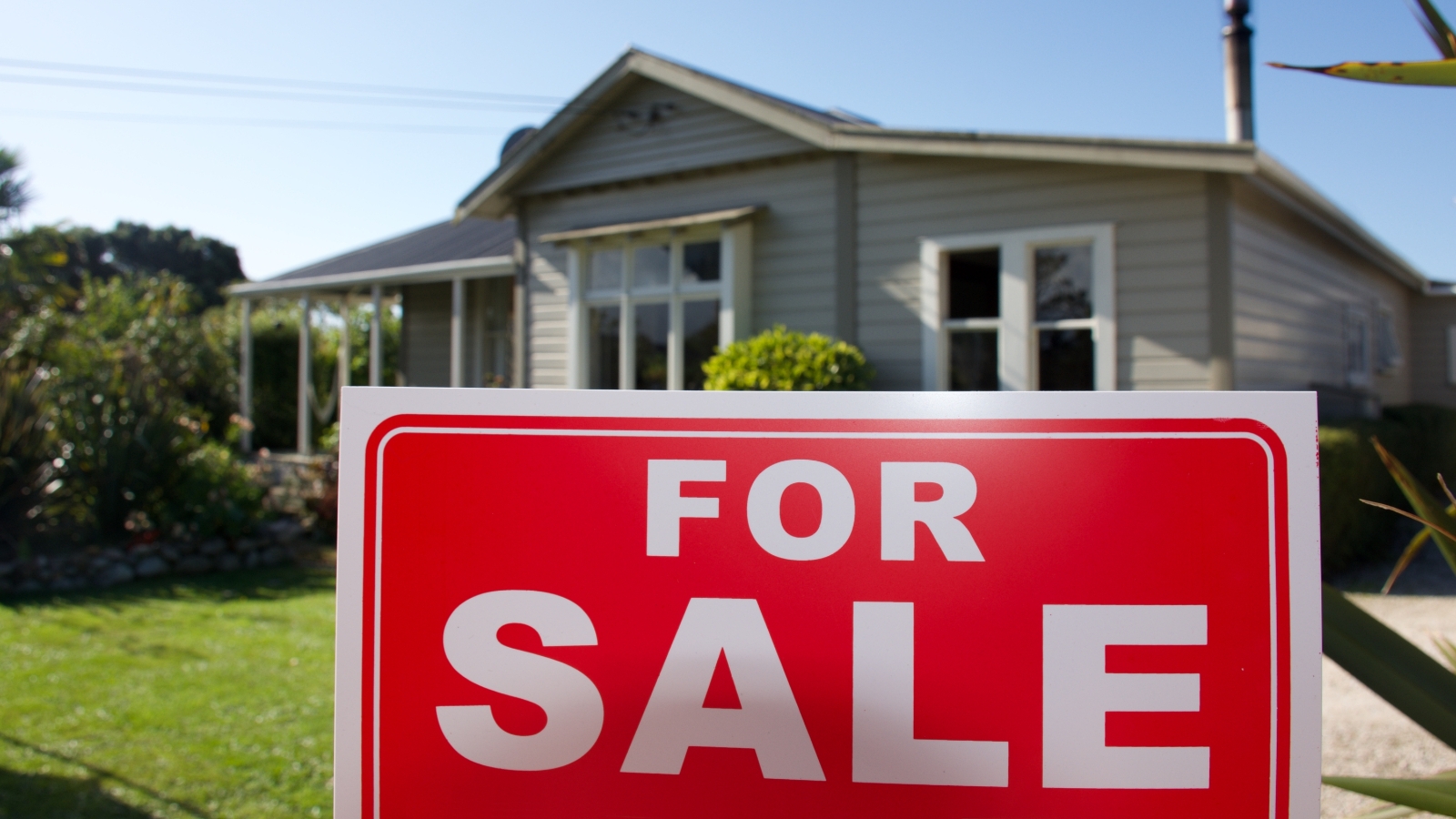Buying guide
How much deposit do first home buyers need?
It may seem like you’ve got a mountain to climb, but with a little help it’s possible

First home buyers deposit amount
How to buy a home with a 10% or 5% deposit
Find the right lender
Buying your first home in New Zealand isn't easy but it's possible with a little help.
Get help from family
Qualify for government assistance
KiwiSaver withdrawals
There is government assistance available for ellignble first home buyers.
Improving your chances as a low deposit first home buyer
The pros and cons of low deposit home loans
Author
Discover More

Cross lease property: What you need to know before you buy
What does cross lease mean? What are the pros and cons? And what do you need to look out for before buying?

WATCH: Inside Tim & Isabelle Weston's Merivale Oasis
The Westons' plan in restoring this mid-90s family home was to create an oasis of calm.
Search
Other articles you might like





